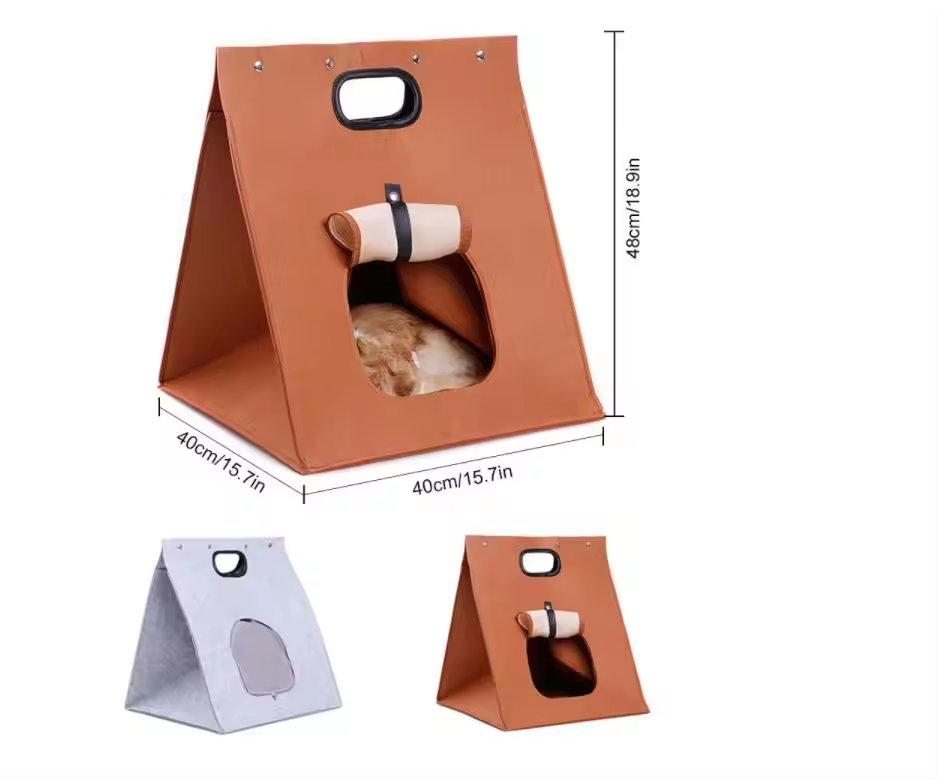Sound Proofing Panels for Office Enhancing Productivity and Comfort
In today's fast-paced work environment, offices are often bustling with activity. While collaboration and communication are vital for productivity, excessive noise can become a significant distraction. This is where sound proofing panels come into play. By incorporating soundproofing measures into office spaces, businesses can enhance employee focus, well-being, and overall productivity. This article delves into the importance of soundproofing panels for offices, their benefits, and how to effectively implement them.
Understanding Sound Proofing Panels
Sound proofing panels are specially designed materials that absorb sound waves, thereby reducing noise levels in enclosed spaces. They come in various shapes, sizes, and materials, including foam, fabric-wrapped panels, and even wooden designs. These panels can be strategically placed on walls, ceilings, and even floors to minimize sound transmission and reverberation.
The Benefits of Sound Proofing in Offices
1. Enhanced Privacy In an office, privacy is crucial, especially when dealing with confidential matters or sensitive discussions. Soundproofing panels ensure that conversations remain contained within meeting rooms or offices, preventing eavesdropping and maintaining confidentiality.
2. Increased Productivity Studies have shown that excessive noise can lead to decreased concentration and productivity. Soundproofing panels effectively minimize distractions, allowing employees to focus better on their tasks. A quieter workspace promotes higher levels of efficiency and output.
3. Improved Comfort A comfortable work environment plays a vital role in employee satisfaction. Excessive noise can lead to stress and fatigue. By using soundproofing panels, offices can create a more serene atmosphere, contributing to overall wellness and job satisfaction.
4. Reduced Sound Pollution With the open office trend gaining popularity, sound pollution can become a significant issue. Soundproofing panels can help mitigate sound transfer between different areas, allowing for a more harmonious workspace where employees can collaborate and communicate without being disruptive.
sound proofing panels for office

5. Aesthetic Appeal Beyond their functional benefits, soundproofing panels can enhance the aesthetic appeal of an office. Available in various colors, designs, and textures, these panels can complement the existing decor while serving a practical purpose.
Implementing Sound Proofing Panels
When considering sound proofing panels for an office, there are several factors to consider
1. Identify Noise Sources Before implementing soundproofing solutions, it's essential to identify the primary sources of noise in your office. This could be conversations, equipment noise, or external disturbances. Understanding these factors will help in selecting the right type of soundproofing materials.
2. Choose the Right Materials Depending on your office's needs and design, different materials may be more suitable. Foam panels are highly effective in absorbing sound and are relatively easy to install. Fabric-wrapped panels offer both sound absorption and aesthetic appeal, while wooden panels can provide a more sophisticated look.
3. Strategic Placement Consider where to place the soundproofing panels for maximum effectiveness. Common areas to install these panels include meeting rooms, workstations, and any high-traffic spaces. The goal is to create sound barriers that minimize noise transfer throughout the office.
4. Consult Professionals If budget allows, consulting with acoustical professionals can help ensure the best results. They can assess your office's specific needs and recommend tailored solutions for optimal soundproofing.
Conclusion
In an age where productivity is paramount, soundproofing panels are a valuable investment for any office. They not only minimize noise distractions but also enhance privacy, comfort, and aesthetics. By thoughtfully implementing soundproofing solutions, businesses can create an environment that fosters creativity and collaboration while improving overall employee satisfaction. In the competitive landscape of modern business, taking steps to reduce noise can set a company apart, making it a more desirable place to work.
-
Waterproof Dog Blankets for Indoor and Outdoor UseNewsAug.01,2025
-
Sustainable Wool Cat Beds Eco-Friendly Choices for Pet OwnersNewsAug.01,2025
-
Snuffle Ball Benefits for Dogs Mental Stimulation and ExerciseNewsAug.01,2025
-
Puppy Treat Puzzles as Social Tools Fostering Bonding Through PlayNewsAug.01,2025
-
Custom Wooden Pet Houses Tailored to Your Pet’s PersonalityNewsAug.01,2025
-
Corrosion Resistance in Environments: A Guide for Washer Hose ClampsNewsAug.01,2025
